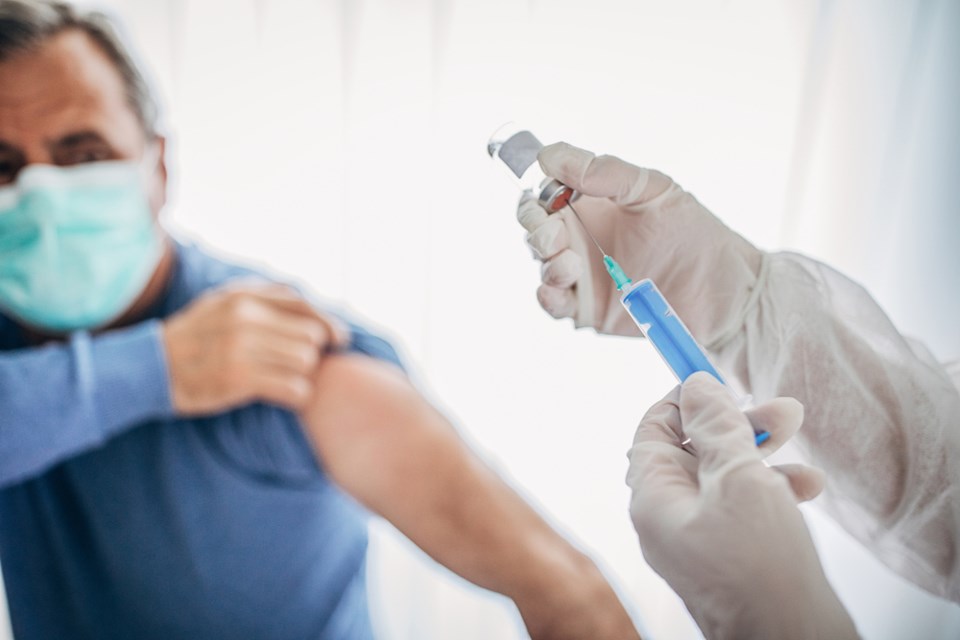It comes as no surprise that some folks are upset at the decision by B.C. public health officials to change a key aspect of the COVID-19 immunization program by using a person’s age to determine when they get the vaccine.
After all, most people understandably want to get the shot (and the second one) as soon as possible.
Up until last week’s announcement by Dr. Bonnie Henry, the plan was to put people in certain professions nearer the front of the vaccine queue. Upon reflection, that was not considered the best scientific approach.
Instead, it was determined that since people over a certain age get hit the hardest by COVID-19, it made more scientific sense to protect them first.
Several front-line professions – teachers, firefighters and dentists, to name three – were hoping their vaccinations would come earlier since their field of work may place them at greater risk of contracting the virus.
However, simply having a greater chance of being exposed to the virus is not the chief determinant in setting priorities.
Rather, if the goal is to protect people from the worst outcomes of getting COVID-19 – becoming sick enough to require hospitalization or to possibly even die – then using age as a determining factor makes sense.
B.C.’s COVID-19 case statistics tell the story.
As of Jan. 16, about 34,700 people between the ages of 20 and 50 had tested positive for COVID-19. Of them, just 779 were sick enough to require hospitalization (about 2.2% of them).
Thirteen people in that age cohort died from the virus, an astonishingly low mortality rate of 0.04%.
However, the numbers are far bleaker for people over the age of 60 who contract COVID-19 and they get worse as ages go up.
About 11,000 people over the age of 60 have tested positive and about 2,000 required hospitalization (18%) and more than 1,000 in this group died (9%).
Looking at statistics like that makes it a no-brainer to put people who face much tougher odds of beating the worst outcomes of contracting COVID-19 near the front of the line.
“Our immunization plan is based on evidence and data, and focused on immunizing people are the most vulnerable to the virus first,” Henry said when announcing the policy shift last week.
She did leave the door open for certain front-line professions – teachers, child-care workers, agriculture workers, transportation workers and such – who are not getting the shot in Phase One of the plan to still get the shot early.
That will largely depend on whether B.C. gets more vaccine doses than it currently is expecting under the plan outlined last week. Like other provinces, B.C. is getting millions of doses of the Pfizer and Moderna vaccines.
But there is a strong possibility that a third vaccine – AstraZeneca – could be approved for use relatively soon, which may indeed allow for those who thought they were getting the vaccine early to actually have that come true. There is also the possibility that a fourth vaccine – Janssen/Johnson and Johnson – could arrive earlier as well.
Let’s hope so. The more vaccine that is available the better.
Until the other vaccines arrive, it makes scientific sense to put those who seem to paying the highest price for getting COVID-19 near the head of the line.
Keith Baldrey is chief political reporter for Global B.C.



